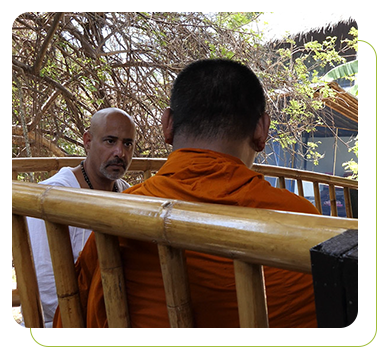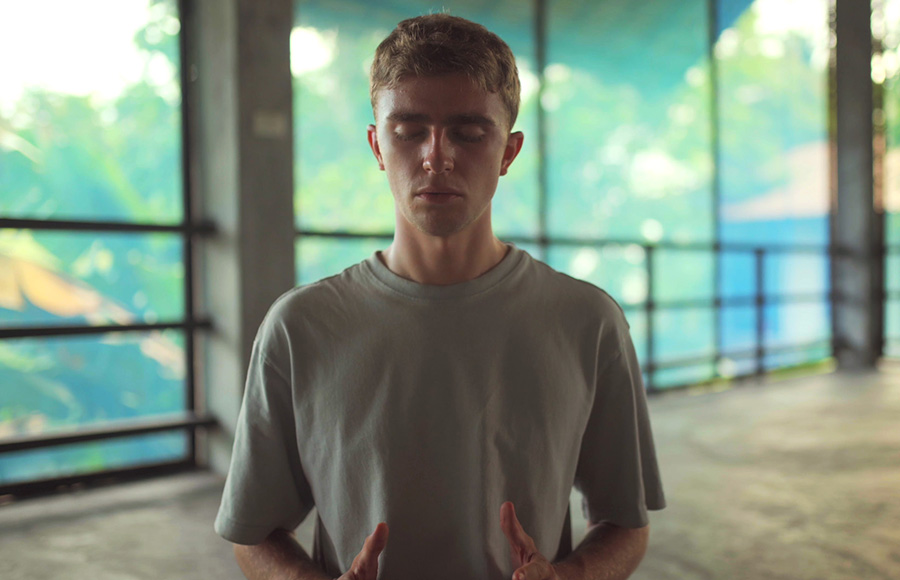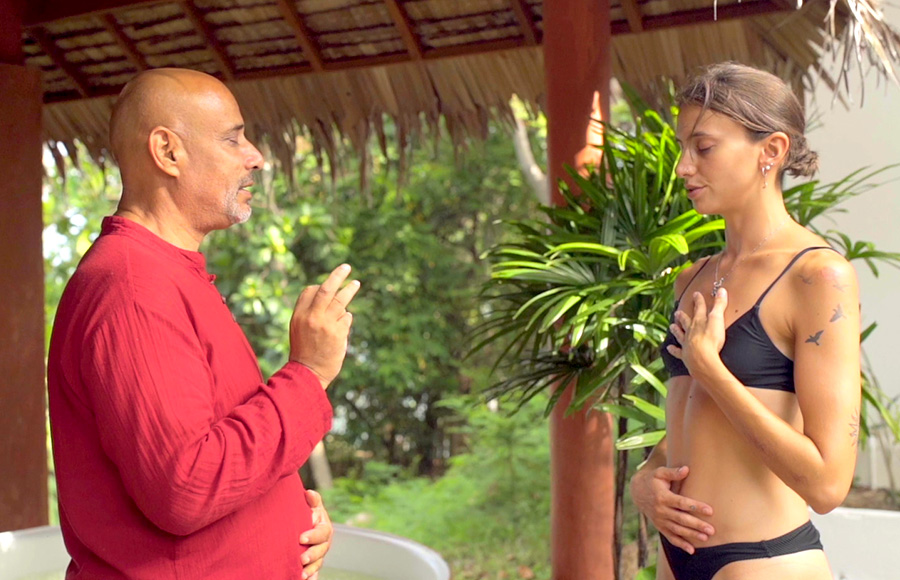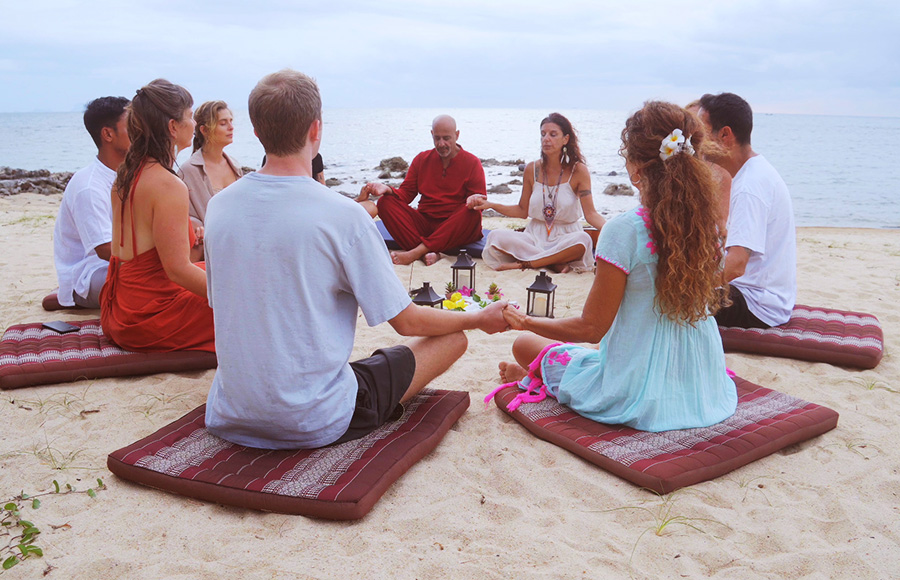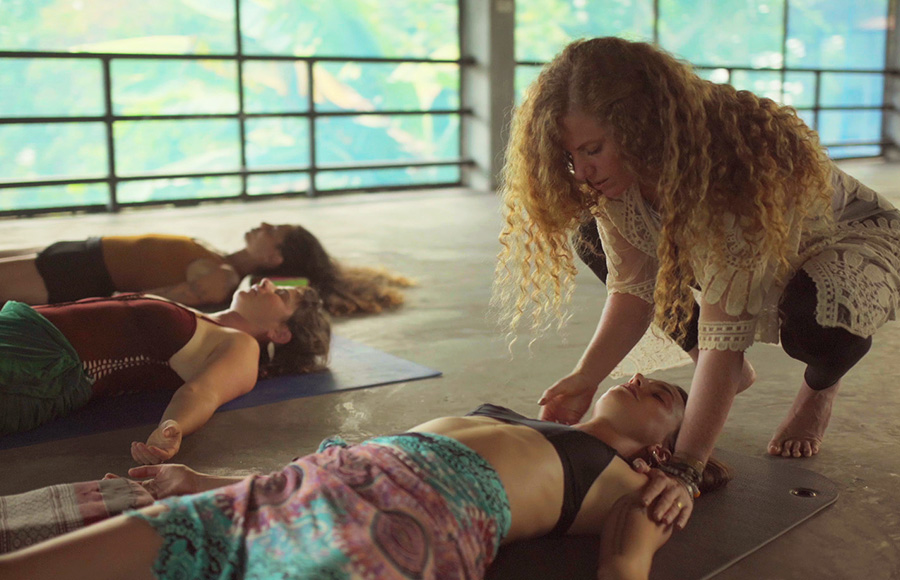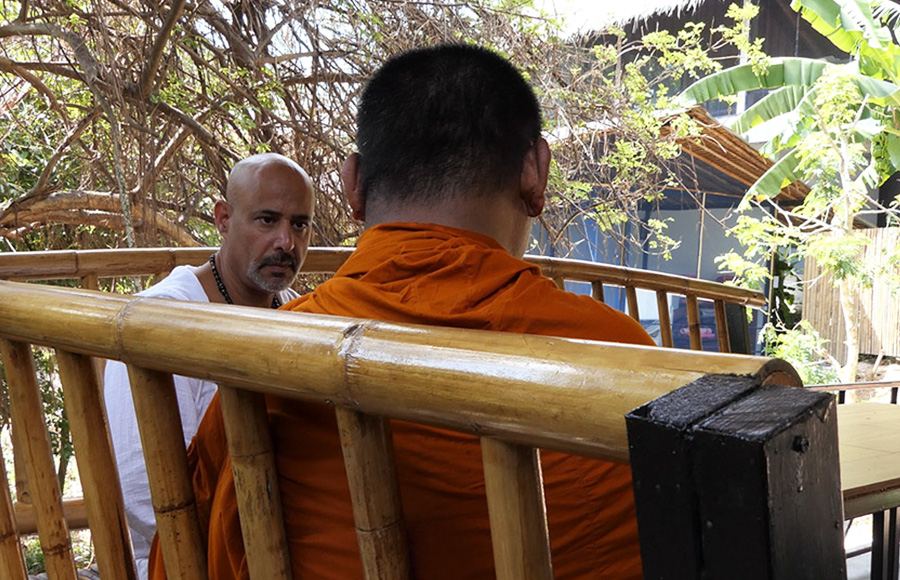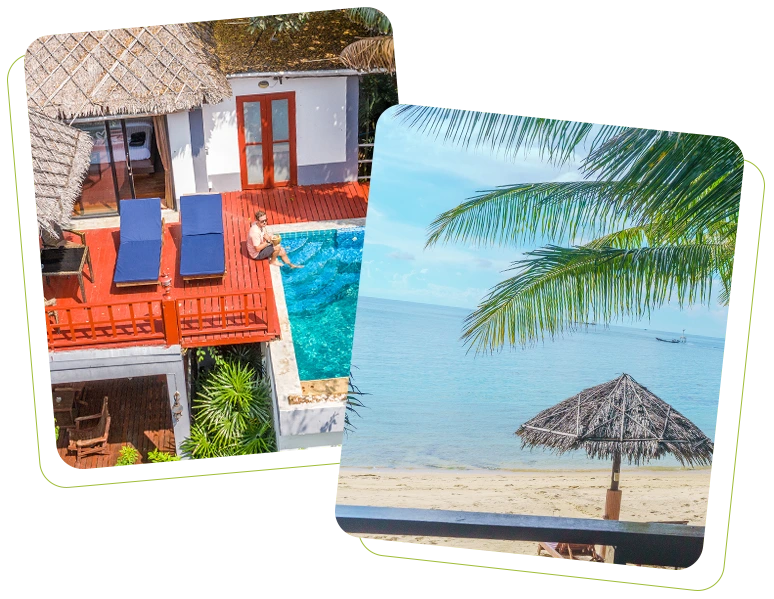When you think of a veteran, what comes to mind? Perhaps you picture someone who has served their country with honor, enduring hardships that most of us can’t even begin to imagine. But beyond the medals, the ceremonies, and the outward pride lies a hidden struggle that many veterans face upon returning home: combat-related Post-Traumatic Stress Disorder (PTSD).
This invisible wound doesn’t just affect the veteran; it ripples through the entire family, altering relationships, routines, and the sense of normalcy that once existed. In this blog, we explore the effects that combat can have on an individual, and tell you how to get support.
For more information on treatment for combat PTSD, contact Holina Rehab today on +66 626 418 369.
Understanding Combat PTSD
As someone who is connected to a veteran, whether you’re a family member, a friend, or even a professional caregiver, it’s essential to understand what combat PTSD entails. PTSD is a mental health condition that can occur after experiencing or witnessing a life-threatening event, such as combat. For veterans, the battlefield may be left behind, but the memories, flashbacks, and emotional responses are not so easily discarded.
You might notice that your loved one is constantly on edge, reacting to everyday situations with heightened anxiety or anger. They may withdraw from social interactions, lose interest in activities they once enjoyed, or seem emotionally numb. These are common symptoms of PTSD, and they can create a significant strain on relationships.
The Emotional Toll on Veterans

Combat PTSD can make veterans feel isolated, even in the comfort of their own homes. The transition from the structured environment of military service to the unpredictable nature of civilian life can be overwhelming. You might find that your loved one struggles with nightmares, insomnia, or a pervasive sense of dread. These symptoms can lead to a cycle of avoidance, where the veteran may steer clear of situations that remind them of their trauma, further isolating themselves from the world around them.
The emotional toll doesn’t stop there. Many veterans with PTSD also experience feelings of guilt or shame, believing that they should have been stronger or that they failed in some way. This self-blame can lead to depression and, in some cases, substance abuse as a way to numb the pain. The journey toward healing can seem daunting, but it’s important to remember that with the right support, recovery is possible.
The Impact on Families
As the partner, parent, or child of a veteran with combat PTSD, you are also deeply affected by their condition. The emotional distance that often accompanies PTSD can leave you feeling helpless, frustrated, or even resentful. You may struggle to communicate with your loved one, finding that conversations that once flowed easily are now fraught with tension or misunderstandings.
Children, in particular, may find it difficult to understand why their parent has changed. They might feel scared by sudden outbursts of anger or confused by the lack of emotional connection. These changes can disrupt the family dynamic, leading to a sense of instability and insecurity.
The unpredictability of PTSD symptoms can also make it challenging to plan family activities or maintain a routine. Simple outings or social gatherings may become sources of stress rather than enjoyment. As a result, families may withdraw from social circles, leading to further isolation. Families may also require some level of inpatient trauma counseling.
Seeking Help and Treatment

If you find yourself in this situation, understand that you don’t have to face it alone. PTSD is a treatable condition, and there are many resources available to help both veterans and their families navigate this challenging terrain. Seeking professional help is a vital step toward healing, not just for the veteran but for the entire family unit.
At Holina Rehab in Koh Phangan, Thailand, we understand the unique challenges that come with combat PTSD. Our holistic trauma treatment addresses the mental, emotional, and physical aspects of PTSD, providing veterans with the tools they need to manage their symptoms and regain control of their lives.
But our care doesn’t stop at the individual. We recognize the importance of family support in the recovery process. Holina Rehab offers family therapy sessions, where you can learn how to support your loved one while also taking care of your own emotional needs. These sessions provide a safe space to express your feelings, work through conflicts, and rebuild trust and connection.
Strengthening Family Bonds
Rebuilding the family bond after combat PTSD requires patience, understanding, and a willingness to engage in the healing process together. It’s essential to communicate openly with your loved one, expressing your concerns without judgment. Remember that PTSD is a condition that affects the brain, and reactions that may seem irrational to you are often survival mechanisms ingrained by trauma.
Educating yourself about PTSD can also help you navigate this journey. The more you understand about what your loved one is experiencing, the better equipped you’ll be to offer support. Holina Rehab provides educational resources and workshops for families, helping you develop strategies to cope with the challenges that come with PTSD.
Self-care is another critical component of supporting a loved one with PTSD. It’s easy to become so focused on their needs that you neglect your own well-being. However, taking care of yourself—whether through therapy, support groups, or simply carving out time for activities you enjoy—ensures that you have the strength and resilience to be there for your loved one.
A Path Toward Healing
The road to recovery from combat PTSD is not a straight path, and setbacks are a natural part of the process. But with the right support, both you and your loved one can find a way forward. By seeking help from professionals who understand the complexities of PTSD, such as those at Holina Rehab in Koh Phangan, you can begin to heal the wounds that trauma has inflicted on you and your family.
About Me
Ian Young
Ian Young is the Global Manager at Holina Care Centres in Koh Phangan, Thailand. Ian oversees the rehabilitation programs that blend the 12 Step model, NLP, and various evidence-based therapies with holistic healing practices. Holina Rehab treats addictions, trauma, anxiety, and depression, offering comprehensive care in a serene resort environment. Ian, a charismatic speaker and author of “It’s Not About Me,” leverages his own recovery journey from addiction to inspire and guide others toward a fulfilling, addiction-free life.
Recent Blogs
-
13 Jun, 2025
Holistic Alcohol Rehab Programs That Actually Work


















